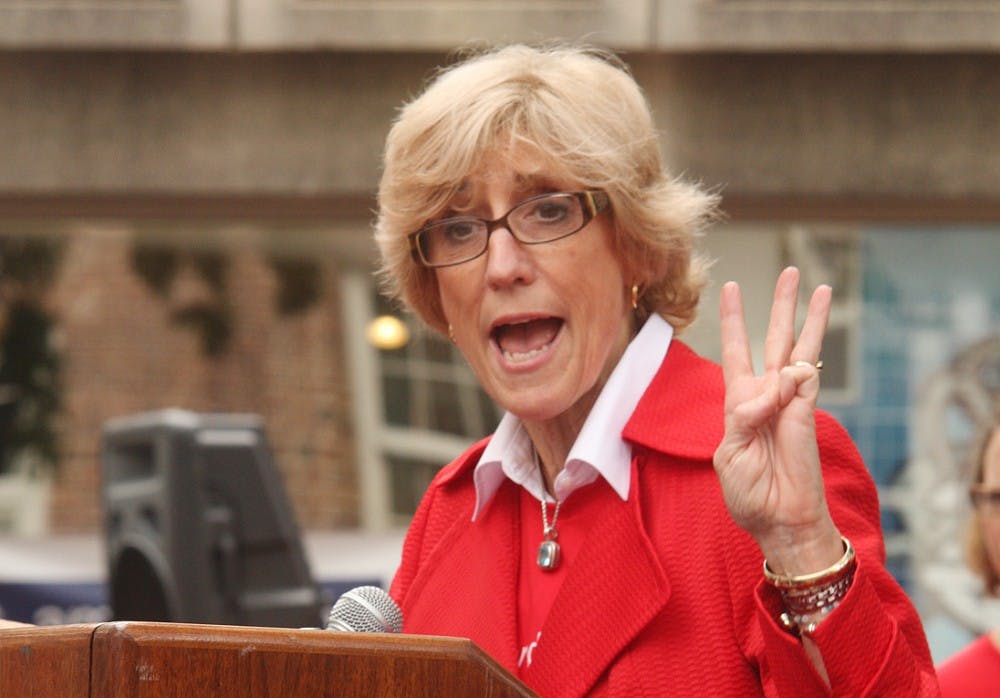The question I get from friends and neighbors of late: “What is it like to be preparing young journalists at this time in history? Must be quite a challenge.”
Enemies of the people. Disgusting. Scum. Rude questioners. Purveyors of fake news. These are some of the words that government officials, including the president of the United States, use to describe journalists today.
The denunciations and headlines are one narrative, but there is a different reality. Our students are curious, passionate, thoughtful, determined, idealistic and talented. They want to join the long American tradition of hard-hitting journalism in which accountability, transparency and service to the public are the guiding principles.
At the UNC School of Media and Journalism, we are preparing tough young journalists who — along with the ability to write, report, analyze data and create deep digital news packages — are thick skinned, ethical and vigilant.
Two challenges to the profession that have made headlines in the past month are the murder of Saudi Arabian journalist Jamal Khashoggi and the revocation of CNN White House correspondent Jim Acosta’s press pass. Both remind us that the role of the journalist in our society is perilous. The popular notion, that journalists hold the powerful accountable, doesn’t come without a cost.
Closer to home, when a young woman investigative reporter took on a state agency in Raleigh, retaliation came in the form of a lawsuit and an expensive reputation-busting trial.
Along with the digital storytelling skills students develop at our school, they are also learning and embracing the concepts and power of the U.S. Constitution and the First Amendment.
Economic disruption and technological innovation has the news business in transition — experimenting with pay walls, video streaming and how to better attract and engage audiences. While students are preparing for the future of an industry we can’t predict, they are also focused on basic foundational values that are as old as the republic.
Students today understand the promise of the Founding Fathers who protected the country against unchecked government power. The American ideal of a free press is fundamental to the balance of power envisioned by those who wrote our Constitution.



